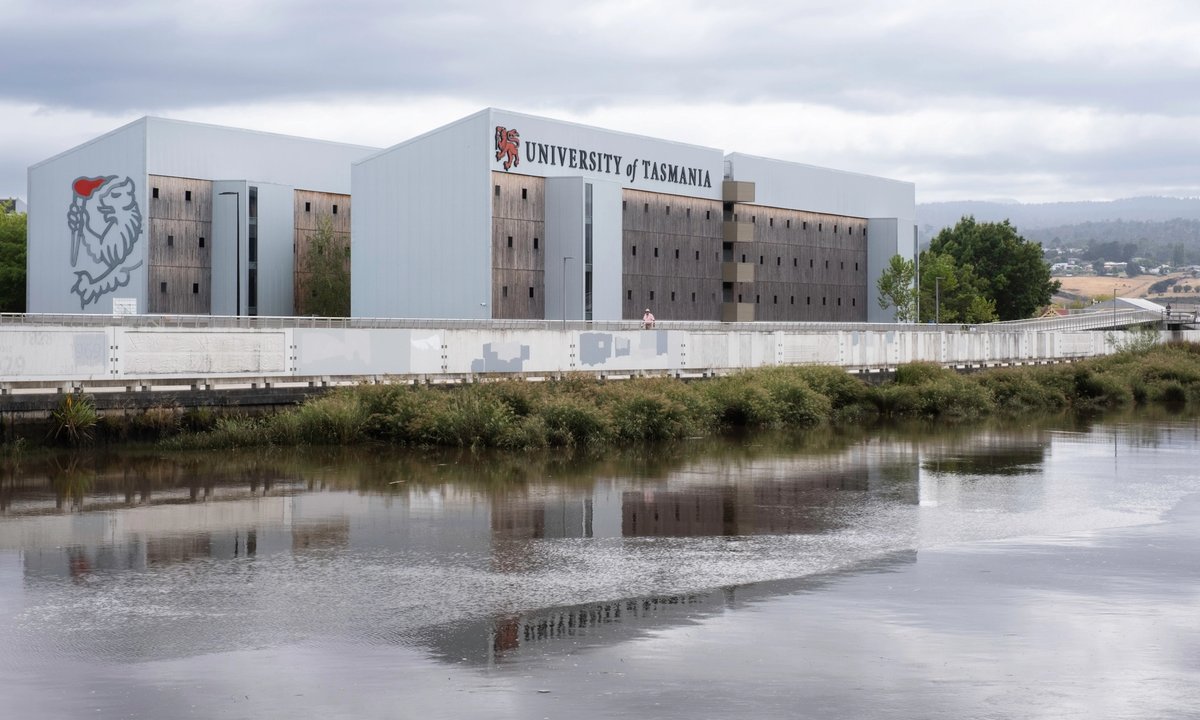
"A Tasmanian pathology museum kept, and in some cases displayed, 177 specimens of human remains for decades without relatives' knowledge or coronial approval, according to a damning report published by the Magistrates Court of Tasmania. The report, handed down on 11 September, found that pathologists had retained human specimens and given them to the R. A. Rodda Museum of Pathology at the University of Tasmania in Hobart between 1966, when the museum was established, and 1991."
"This sparked a lengthy investigation by Tasmanian coroner Simon Cooper, whose report made no formal recommendations of further action to be taken. However, it did conclude that the retention of human remains without family or coronial approval was "offensive to contemporary standards and values". Cooper said it was "inconceivable" that the practice had continued for so long and had only ceased in 1991."
"One hundred sets of remains were identified and dealt with in line with the wishes of families, while the remaining 77 were respectfully disposed of. The Tasmanian independent member of parliament (MP) Meg Webb is now calling for compensation for families and for further action against individuals and institutions to be considered. According to the Guardian, the MP has branded the report appalling and deeply shocking."
A Tasmanian pathology museum retained and in some cases displayed 177 human remains between 1966 and 1991 without relatives' knowledge or coronial approval. Concerns raised by the museum curator in 2016 led to a lengthy coroner's investigation that found the practice offensive to contemporary standards and values. The remains were removed from display in 2018 while records were reconciled; 100 sets were identified and handled according to family wishes and 77 were respectfully disposed of. An independent MP is calling for compensation and further action, and the university has expressed sorrow and said it will consider the coroner's report.
Read at The Art Newspaper - International art news and events
Unable to calculate read time
Collection
[
|
...
]